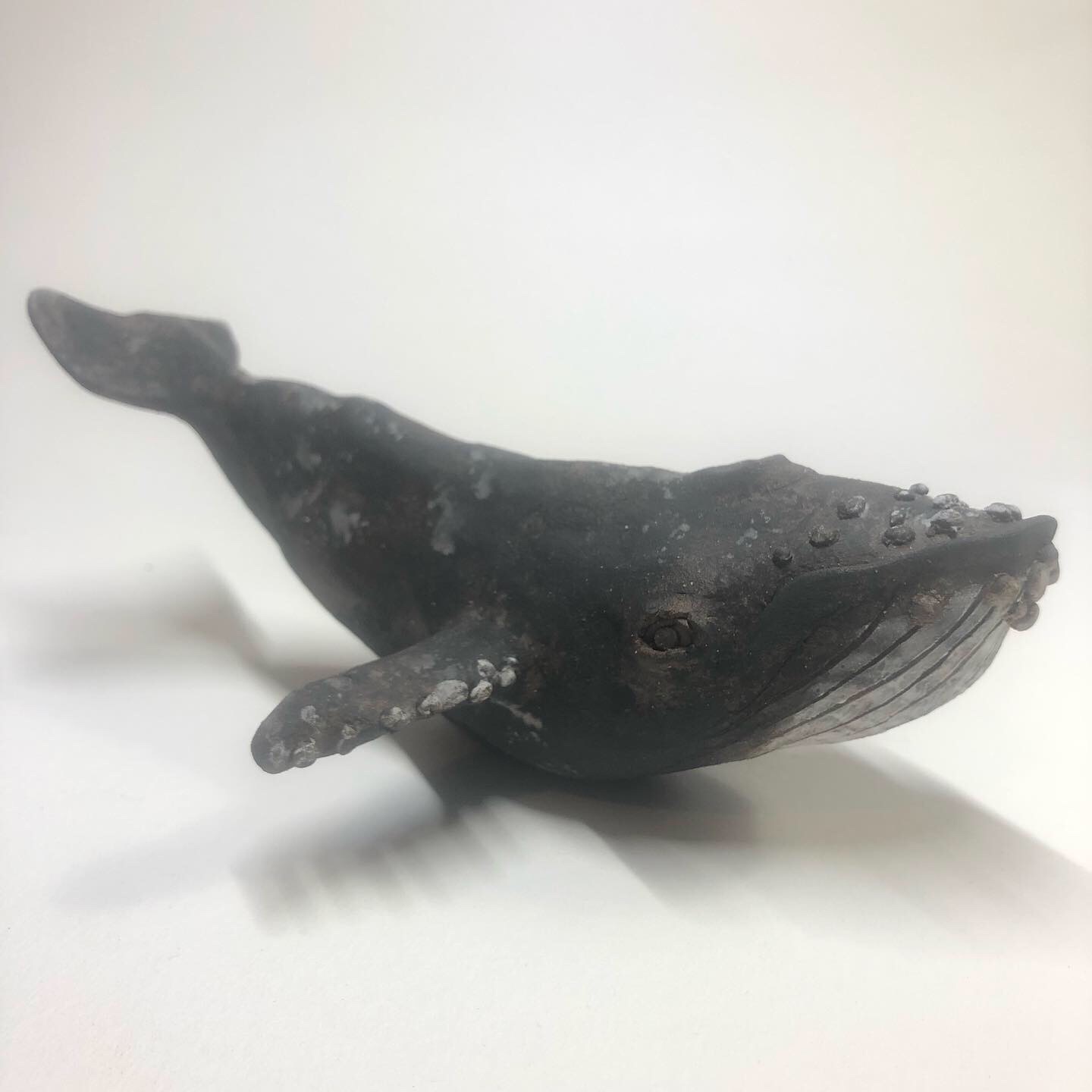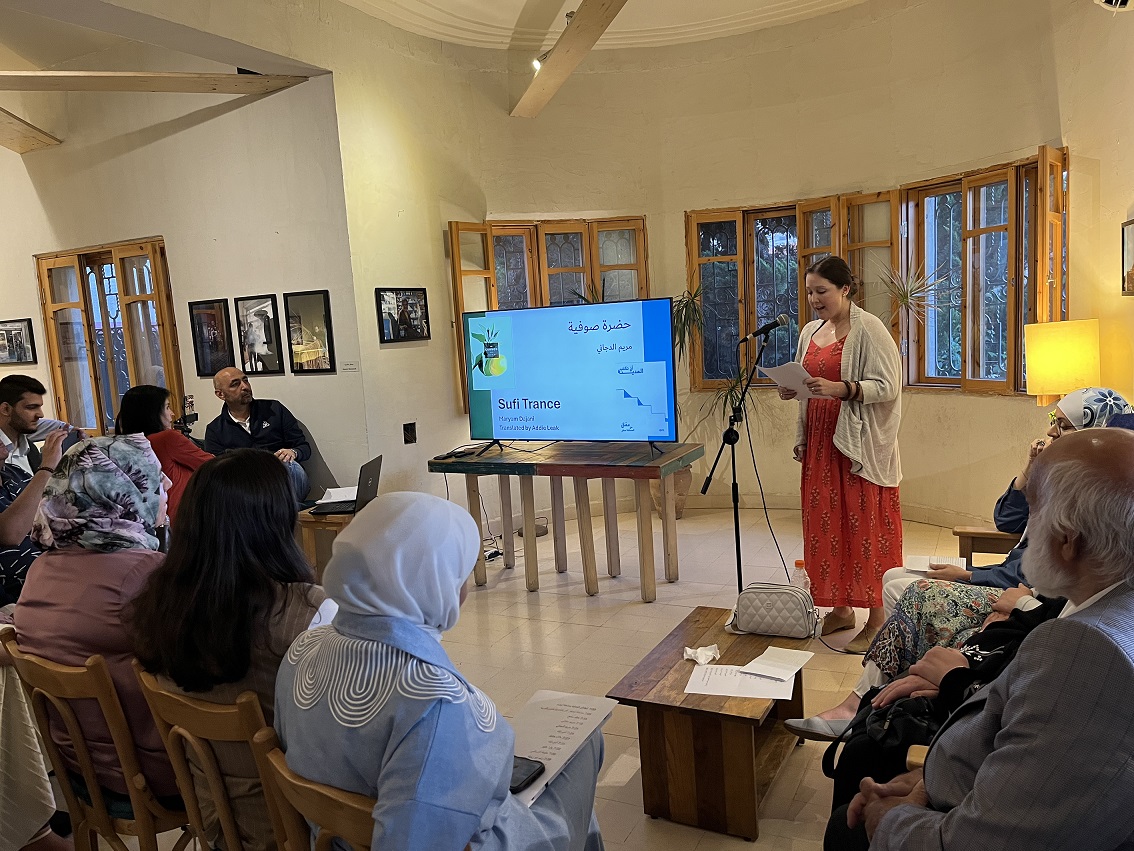Text and images by ALAA TAWALBEH
After drawing the collection of dark faces in charcoal, Alaa was provoked to give them a story, so he used the same charcoal sticks to form words. The words were written after the drawings, so the faces can still have different stories. These drawings and more from the same collection will be displayed in Alaa’s second solo exhibition, forthcoming in September 2021 in Amman, alongside works in watercolor.

At Rukban refugee camp, your only source of entertainment is sitting on the cold floor and staring at a slit in your tent. It flaps open with each gust of wind and cold drops of rain land on your face, just like the broken window in your old house.
The raindrops are black. They say it is the soot from a faraway city. Some say it’s from your city, Aleppo. Maybe some of it has come from the building you once lived in.
At first, you would carefully clean your face every time the slit widened, but as time passed you stopped. You would sit there and stare, ignoring the black drops landing on your face.
Many years later, in a modern European city, you look in the mirror and a black-marked face looks back at you. Thick, never-fading soot rooted deep in your skin.
They say, in exile, people carry their homes deep inside their hearts. I carry mine on my face.

I still remember the day the blond men dropped leaflets from the helicopters. White leaflets with crisp black letters. This building harbors Hamas mukharibeen families. You must leave now. It will be bombed at…
And we did, quickly.
We ran to a house down the street. Through a slit in the shutters, I stared at my bedroom window two buildings away. I’d moved into the room yesterday. It was mine, I didn’t have to share it with my brother.
Precisely at the time written on the white paper that fell from the sky, a rocket fell on the rooftop two buildings away. The slit in the shutters put me in the middle of the explosion, too bright, too loud, then a thick black cloud.
Touching my face now, half is almost gone, what is left is a thick, never-fading layer of soot rooted deep in my skin.
They say, you always remember your first own bedroom. I carry mine on my face.

I can hear her voice over the loud noise of Apaches and explosions. She is singing again, my heart pounds while I run to the living room.
I don’t dare look at her from our window. Her husband would feed me to the hungry dogs of Baghdad, so I make a slit in the curtain to watch her, safely hidden behind a thick concrete wall. She stands on the balcony singing and hanging the laundry in her short slip.
I don’t know why the pilot of that F-35 decided to bomb the building in front of us that day. I couldn’t move from my hiding place, body behind the wall and head leaning toward the broken window, covering my face with the curtain, staring through the slit, waiting for the soot to disappear.
There is a dark black shape on my face now, a thick, never-fading layer of soot rooted deep in my skin. I have been told it looks like the shadow of a naked woman, arms stretched upwards.
They say a man will always look for the first woman he ever loved. I carry mine on my face.
Alaa Tawalbeh (born 1981) likes to draw, and sometimes paint, as a way to give life some meaning, especially with his rigid career in the technology field.




